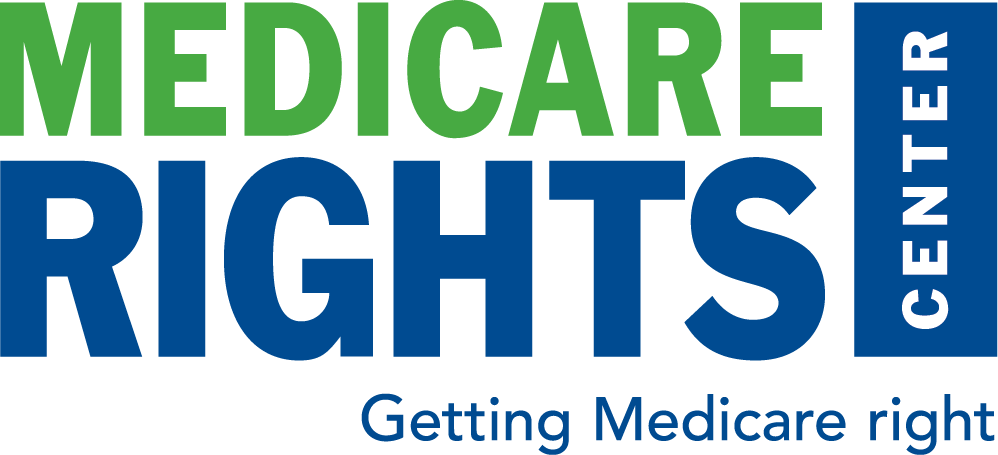
May 4th marks the one-year anniversary of the U.S. House of Representatives passing the American Health Care Act (AHCA), a bill that would have put millions of Americans at risk of losing affordable health care. The bill would have ended Medicaid as we know it, eliminated the insurance protections of the Affordable Care Act (ACA), raised premiums on older adults, and undermined Medicare. While AHCA ultimately failed to become law, efforts to unravel the ACA have continued.
Late last year, Congress passed a tax bill that included a provision eliminating the ACA’s individual mandate, which was widely seen as the linchpin for the ACA’s individual market. In addition, the Administration has taken several steps to reduce spending to support the ACA, including stopping cost-sharing reduction (CSR) payments that helped reduce premiums for consumers, ending most marketing and advertising for ACA markets, and changing ACA enrollment rules to make plans harder to buy and keep.
We are starting to see the impact of these changes. This week, the Commonwealth Fund’s Affordable Care Act Tracking Survey showed recent coverage declines among 19-to-64-year-olds. The survey’s focus is on adults who gained coverage through the ACA’s marketplaces and Medicaid.
The findings show that an estimated four million people have lost coverage since 2016. Significant changes can be seen for lower income households and people aged 35-49, and the losses are even more pronounced in states that have not expanded Medicaid—especially southern states—and among people who self-identify as Republican. For example, among Republicans surveyed, the uninsured rate has risen from 7.9% in 2016 to 13.9% in 2018, with self-identified Democrats seeing no change.
The Commonwealth Fund suggests that the Administrative changes mentioned above are largely responsible for these changes, and that they are likely to accelerate:[x_blockquote cite=”The Commonweatlh Fund, "First Look at Health Insurance Coverage in 2018 Finds ACA Gains Beginning to Reverse"” type=”left”]Signs point to further erosion of insurance coverage in 2019: the repeal of the individual mandate penalty included in the 2017 tax law, recent actions to increase the availability of insurance policies that don’t comply with ACA minimum benefit standards, and support for Medicaid work requirements.[/x_blockquote]The AHCA failed to pass, but some of the policies that bill would have established have come to fruition nonetheless, and the results can already be seen. Medicare Rights urges Congress and the Administration to work together in a bipartisan way to strengthen the nation’s health care system and reverse these damaging trends. Policies that push people out of coverage must be rejected, and more must be done to bolster access to high-quality, affordable care.
Read the Commonwealth Fund findings.
Read about the ways AHCA would have changed the health care system.
Read about some Administrative changes that have hurt enrollment.
The Latest
Most Read
Add Medicare to Your Inbox
Sign up to receive Medicare news, policy developments, and other useful updates from the Medicare Rights.









